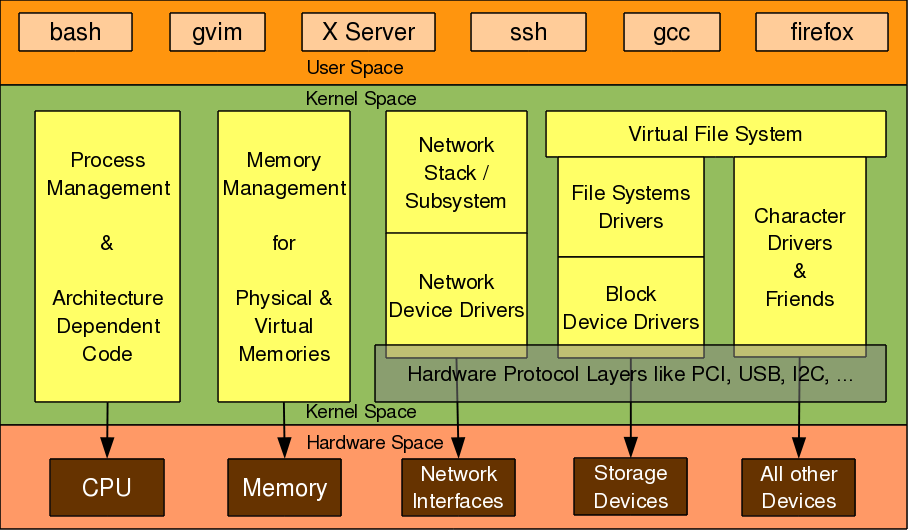

Given that, we're here perhaps in protest of it. Raymond goes on to argue that this very attribute is precisely what propelled Linux past almost any other open source project in history, let alone simply other operating system kernels, BSD or Minix or otherwise. Raymond in his book The Cathedral and the Bazaar.įrom literally its first day in public, Linux's development model has been extremely inviting to tinkering, modding, fixing and rebuilding. One thing people haven't mentioned is Linux's development process and its pedigree this is narrated well by Eric S. This is a really interesting question actually.
#Linux kernels plus#
Plus it means that it blocks you from receiving binary updates.

While it used to be perfectly normal, it's often considered a waste of time today. What a lot of people advise against today is trying to optimize your kernel by throwing out stuff you don't need on your specific machine. Things like that are not extremely uncommon. On FreeBSD for example you needed to compile a custom kernel for things like VNET jails up until not too long ago. So the "run GENERIC, period." stance is more of an OpenBSD thing. But you are warned that the chances are much higher of you actually hurting yourself (and probably don't even notice right away). You can customize it and maybe you achieve something that's great for you. Those that exist with OpenBSD are there for very special needs or for developers to test things. The "secure by default" idea combined with the goal of doing things right or don't doing them do not leave as much room for dozens of knobs.
#Linux kernels how to#
well, genkernel!) you are supposed to know how to configure your kernel for your use case. Arch has yet a different opinion on things and on Gentoo (unless you use. Debian makes different choices than Red Hat - which will again configure kernels for RHEL and Fedora differently. Since no single distribution can claim to be the Linux distribution, it's hard to have an equivalent of GENERIC.

Distributors combine it with a bunch of packages to create an operating system. Linux in the strictest sense is just a kernel.Linux has the advantage of having so many idle hands that want to help - and it leads to interesting things. The BSDs have enough manpower to keep doing their thing but could do so much more if more people got involved. The broader Linux ecosystem is so much bigger than the *BSD one that such projects have a better chance of finding enough participants to be sustainable. This is actually a pretty good question and there's absolutely no reason why anyone should attack you for asking it.


 0 kommentar(er)
0 kommentar(er)
